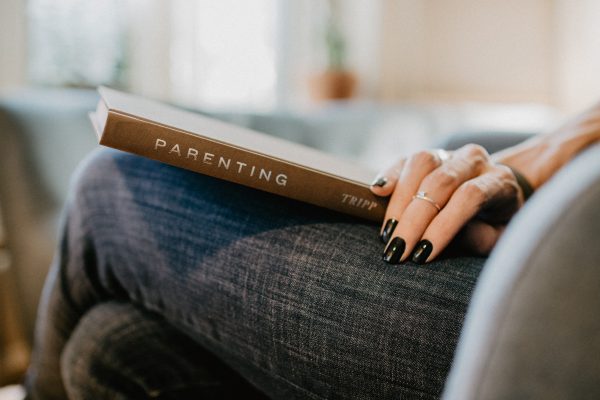Now the long school summer holiday has arrived, and traditional tensions rise between separated couples, parents should adopt an ABC approach to post-separation parenting.
“Tensions between separated parents often rise in school holidays,” says National Family Mediation CEO, Jane Robey. “Families find arrangements imposed on them by divorce courts are in nobody’s interests”.
“Pick-up and drop-offs and living arrangements that might work in term-time can be exposed as wholly inadequate when holidays come. Resentments resurface between a couple. Hostilities are resumed. And the child is caught helplessly in the middle.”
Jane Robey says the problems are magnified this year as we come out of lockdown and the constraints on relationships are lifted. This is especially important for children whose relationships may have been adversely affected by the restrictions and who are probably anxious to re-establish real live contact with their absent parent. Opening up the channels of communication with your ex can be a daunting prospect but putting in place a positive Parenting Plan, agreed by the couple with flexibility built in, is easier to achieve than many people think.
“The starting point is an open mind; an acceptance that while mum and dad’s own relationship can’t be salvaged, the vital bonds between child and each parent can – and must – go from strength to strength,” says Jane Robey. “With an open mind, anything is possible.”
National Family Mediation urges parents to adopt an ‘ABC’ approach:
Accept that, while your own relationship is over, the child’s interests come first
Believe in your own abilities to both be good parents even though you live apart
Chart the way ahead, using mediation to negotiate through differences
“By instinct, the last thing separating parents want is to sit down together and look for common ground. But it’s vital for the child’s benefit that agreements are made. If they aren’t, courts will impose arrangements on families, even though a court cannot possibly understand the unique circumstances of each family it deals with,” adds Jane Robey, Chief Executive of National Family Mediation, the largest provider of family mediation in England and Wales.
Family mediation is a process that enables parents to reach agreements without the stress of a courtroom drama. An expert mediator works with a couple, in separate rooms, or via video conferencing if necessary, helping them find ways to stay in touch with their children and enabling them to find ways of communicating with each other more effectively.
“None of this means parents have to get on with each other after they separate,” says Jane Robey. “But it does mean they can find different ways of co-parenting for the benefit of their child. After all is said and done, the child isn’t at fault and deserves the very best from both parents.
“A Parenting Plan is an agreement made by separated parents, covering how the children will be supported and cared for in the years after separation. Its value is that you both tailor it to suit your own circumstances. As time goes on, and as the child grows up and parents’ jobs and relationships change, the Parenting Plan can be updated to match changing need.”
Parents who want to know more can use the online ‘find a local mediator’ facility or call NFM on 0300 4000 636.

